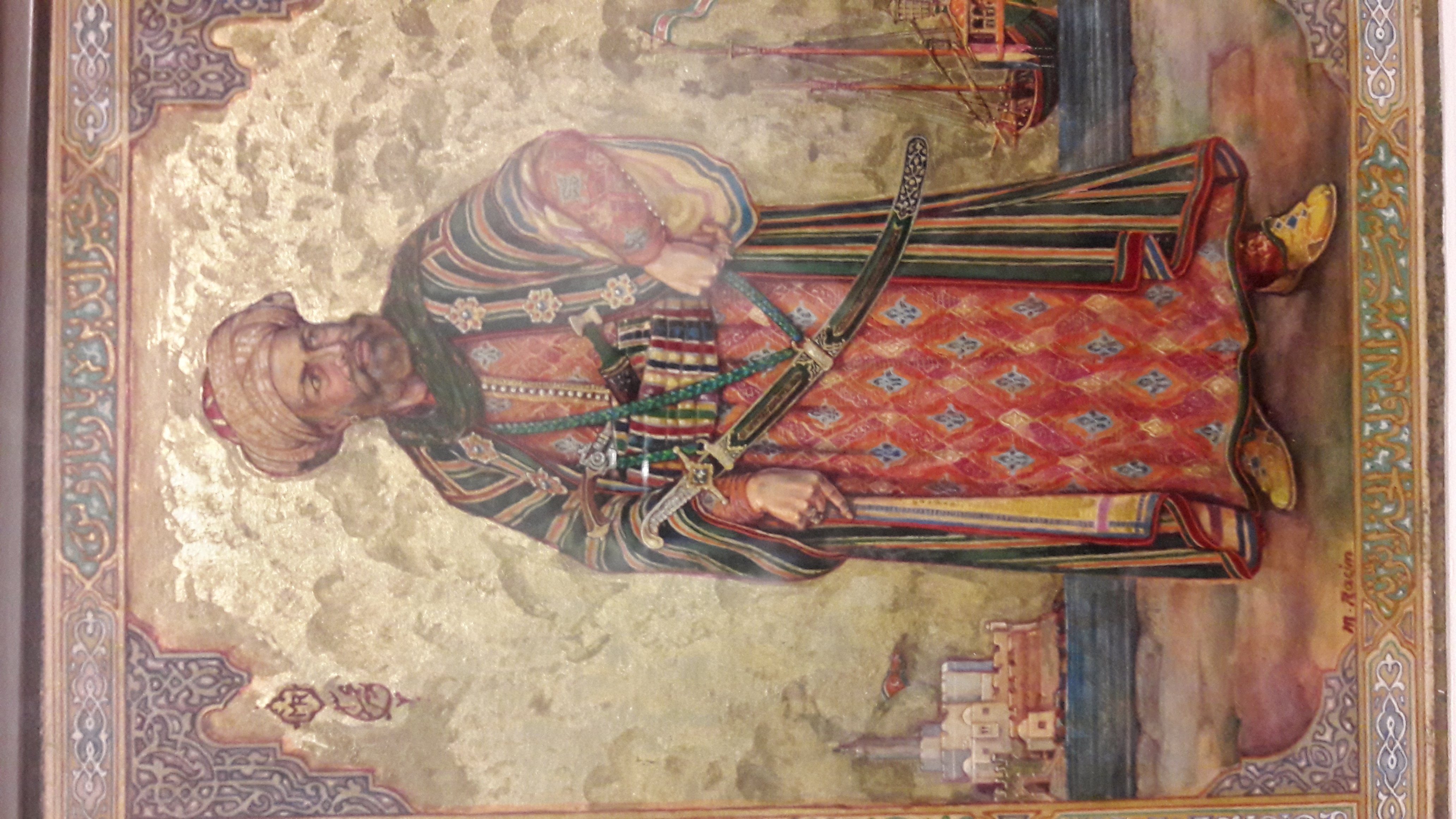|
Hatt-ı Şerif
Hatt-i humayun ( , plural , ), also known as hatt-i sharif ( , plural , ), was the diplomatics term for a document or handwritten note of an official nature composed and personally signed by an Ottoman sultan. These notes were commonly written by the sultan personally, although they could also be transcribed by a Katib, palace scribe. They were written usually in response to, and directly on, a document submitted to the sultan by the List of Ottoman grand viziers, grand vizier or another officer of the Sublime Porte, Ottoman government. Thus, they could be approvals or denials of a letter of petition, acknowledgements of a report, grants of permission for a request, an annotation to a decree, or other government documents. Hatt-i humayuns could also be composed from scratch, rather than as a response to an existing document. After the Tanzimat era (1839–1876), aimed at modernizing the Ottoman Empire, hatt-i humayuns of the routine kind, as well as fermans, were supplanted by th ... [...More Info...] [...Related Items...] OR: [Wikipedia] [Google] [Baidu] |
Kapudan-i Derya
The Kapudan Pasha (, modern Turkish: ), also known as the (, modern: , "Captain of the Sea") was the grand admiral of the Ottoman Navy. Typically, he was based at Galata and Gallipoli during the winter and charged with annual sailings during the summer months. The title of ''Kapudan Pasha'' itself is only attested from 1567 onwards; earlier designations for the supreme commander of the fleet include ("bey of the sea") and ("head captain"). The title ''Derya Bey'' as an official rank within the Ottoman state structure originated during the reign of Bayezid I (). Following the 1453 conquest of Constantinople, Mehmed II raised Baltaoğlu Süleyman Bey to the status of sanjak bey for his efforts against the Byzantines in the Golden Horn.Shaw, Stanford J''History of the Ottoman Empire and Modern Turkey'' Vol. 1, pp. 131 ff. Cambridge University Press (Cambridge), 1976. Accessed 12 Sept 2011. Baltaoğlu received the sanjak of Gallipoli (the principal Turkish naval base) and the ... [...More Info...] [...Related Items...] OR: [Wikipedia] [Google] [Baidu] |
Kaymakam
Kaymakam, also known by #Names, many other romanizations, was a title used by various officials of the Ottoman Empire, including acting grand viziers, governors of provincial sanjaks, and administrators of district kazas. The title has been retained and is sometimes used without translation for province, provincial or subdistrict governors in various Ottoman successor states, including the Republic of Turkey, Kuwait, Iraq, and Lebanon. Names The title has been romanization, romanized in English language, English since 1645 with extremely numerous spelling variations. The most common present-day forms are kaymakam, kaimakam, and qaimaqam. The modern Turkish language, Turkish term is , from Ottoman Turkish ''kaymakam'' (), from Arabic language, Arabic ''qāʾim maqām'' (), meaning "stand in" or "deputy". History Ottoman Empire In the Ottoman Empire, the title of ''kaymakam'' (known either as ''sadâret kaymakamı'' or as ''kaymakam pasha'') was originally used for the officia ... [...More Info...] [...Related Items...] OR: [Wikipedia] [Google] [Baidu] |
Orient-Institut Istanbul
The Orient-Institut Istanbul is a research institute of the Max Weber Foundation based in Istanbul Istanbul is the List of largest cities and towns in Turkey, largest city in Turkey, constituting the country's economic, cultural, and historical heart. With Demographics of Istanbul, a population over , it is home to 18% of the Demographics ..., Turkey. It studies Ottoman, Mediterranean and Turkish culture, history and society. It was separated from the Orient-Institut Beirut as an independent institute in 2009. References 2009 establishments in Turkey Historiography of the Ottoman Empire Historiography of Turkey Max Weber Foundation Research institutes in Turkey {{Turkey-org-stub ... [...More Info...] [...Related Items...] OR: [Wikipedia] [Google] [Baidu] |


